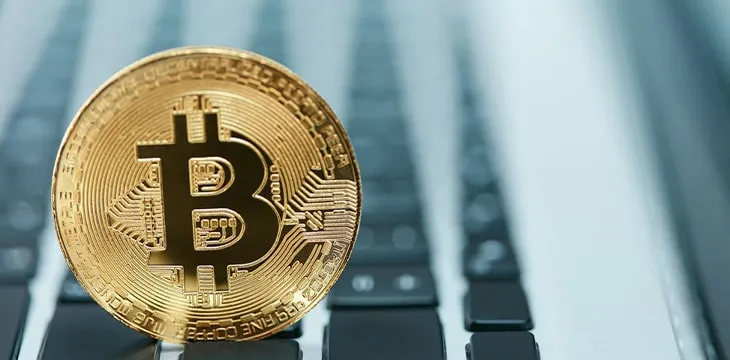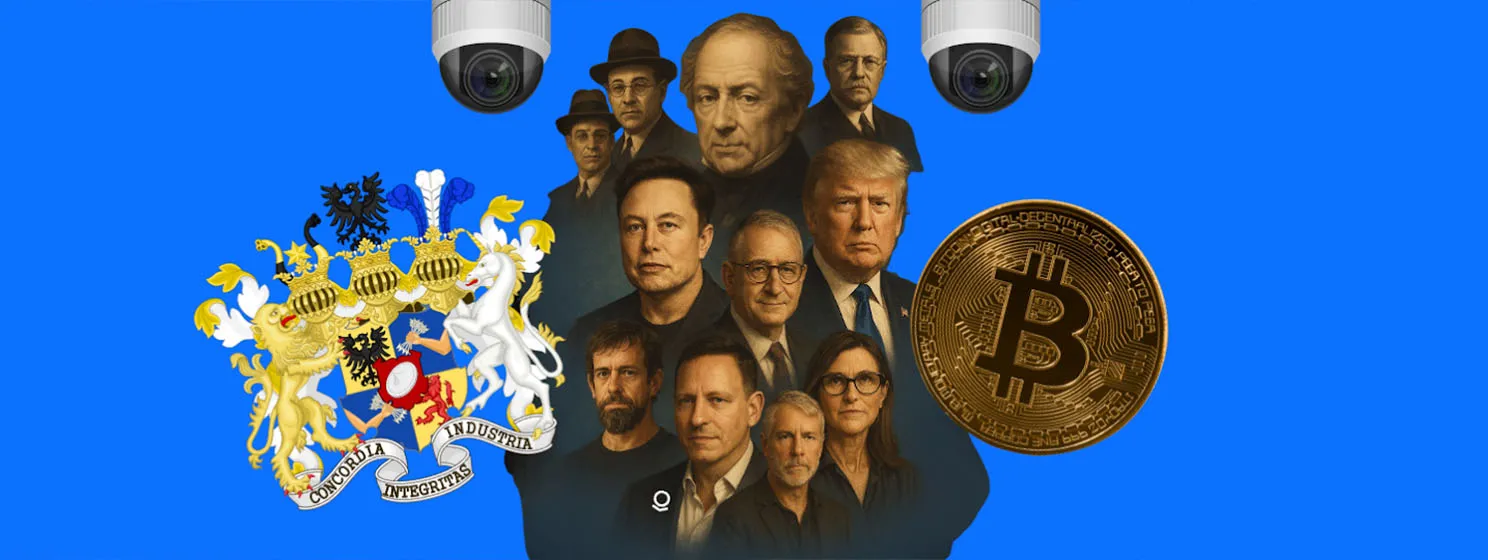|
Getting your Trinity Audio player ready...
|
This post originally appeared on ZeMing M. Gao’s website, and we republished with permission from the author. Read the full piece here.
Today’s headline: Coinbase Cuts Off 25K Russian Wallets!
It’s unclear what the reporter’s concern is. I don’t mean that there should be no concern. It is just unclear what the reporter’s concern really is. This is typical of the digital currency reports, because the writers only look at superficial things and do not understand what is really at work.
From a political point of view, it is foolish to demand exchanges to cut off Russians just because they are Russians. And it is even questionable to cut off some Russians selectively, because how can an exchange decide?
The only proper way to do this is that exchanges act upon specific court orders or warrants. The exchanges need to comply with law and regulations.
But beyond the political debates, there are multiple layers of the matter that are completely missing in the report.
The first thing one should understand is that there are two different kinds of a wallet: custodial wallets and noncustodial wallets. Wallets that are on centralized exchanges are all custodial wallets. They are in total control by the exchange. In fact, the exchange-owned wallets are even worse than just being custodial wallets. There are good reasons to have custodial wallets because not everyone can and should manage their own assets, and competent custodial services can be valuable. But giving the assets to a digital currency exchange results in the worst kind of custodial wallets. The customers on those exchanges may not really have any independent and enforceable ownership of the digital currency asset that verifiably sits on the underlying blockchain, but instead only have a contractual right to whatever the exchange owns. What the customers have instead is just a numerical appearance of ownership created by the exchange. Customer digital currency assets are placed in pooled and mixed accounts of assets on the blockchain. The true owner the these pooled accounts is the exchange, which has direct control over these accounts and gives, supposedly, a contractual right to the customers. In most cases, when it comes to exchanges outside of a jurisdiction that has a reliable legal system, the contractual right is even a weak one.
In this regard, Coinbase (NASDAQ: COIN) at least gives a fairly reliable contractual right mostly due to its being a public exchange-listed U.S. company. But even Coinbase customers do not understand it is not true ownership, at least not as strong as the stock ownership on a regulated stock exchange. Coinbase being a public company listed on a registered stock exchange has nothing to do with whether Coinbase’s digital currency exchange itself is regulated to protect the digital currency investors. These are two entirely different things which get people confused. The SEC and regulations only protect the shareholders of Coinbase not the digital currency purchasers who are customers not shareholders.
In contrast, noncustodial wallets are completely unreachable by any exchanges. However, there is more nuance to this. See below.
Secondly, even noncustodial wallets are not completely out of reach by the law. A court in the United States, if it is determined to, can always reach even noncustodial wallets indirectly by reaching either the core developers or the nodes, even if they are outside of the U.S. It is just that no US court has so far seriously tried to do that. But something like this will bound to happen, perhaps even in the year of 2022.
And the above aspect of the truth has been shut out by the digital currency lords who have been lying to people, some deliberately but many out of their own ignorance and bias. They did so by selling an anarchism illusion, playing into people’s disillusionment of the governments. The entire BTC’s digital gold narrative relies on this illusion and the related manipulation.
If all the world’s governments are corrupt to a point that they are total enemies of people, then we are all doomed, at least socially doomed, and I don’t see a solution to that situation. Everything offered by the digital currency world including BTC and Ethereum would end up being useless illusions in that scenario anyway despite what they claim.
But the real Bitcoin (BSV) has a socially modest but technologically ambitious goal, which is to provide a more efficient tool, namely a technology and an economic system, to a world in which basic social order based on an operative government does exist, even if it is not entirely operating under the rule of law.
This is one of the reasons why BSV is being attacked by the digital currency ideologues, who make it appear that any assumption of governmental order is an idiocy, and an apostasy to the religion of digital currency.
Unfortunately, at the present time, 99% of the people who are interested in digital currency have absorbed the false information created by the digital currency lords and therefore more or less believers of this false religion. They are being allured by their own desire to escape from the control of an evil government, but don’t realize that they are being led into the control of private groups of people and organizations who have far less motivation to protect others than the government does. These private groups control narratives and will never say nor even allow any clue to reveal that they are actually in control of the mass. In comparison, it is at least more apparent in what governments want to do.
Our only hope about the society is to work together to create more transparent and more just government(s). And there are good technologies and good economic systems that can help us to achieve this goal. Find such technologies and economic systems, and support them, to prevent the society from degenerating into a techno dystopia.
This article was lightly edited for clarity.
Watch: CoinGeek New York panel, Blockchain for a Better Supply Chain & Sustainability

 07-15-2025
07-15-2025 





